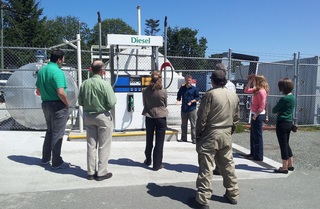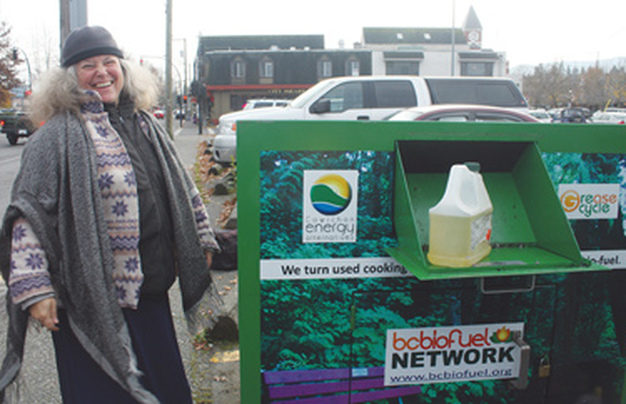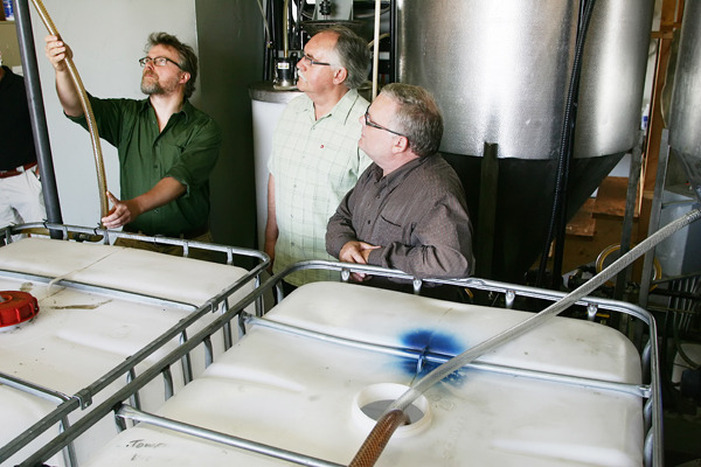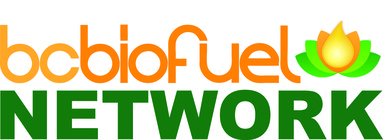 Miles Phillip's with his family in Europe in 2013
Miles Phillip's with his family in Europe in 2013 As most of you know, Miles Phillips was killed in a tragic car crash on January 23 leaving behind his wife and two daughters. Miles worked with the Co-op and contributed to many other local social enterprises, including our partners CEA and Greasecycle. The pursuit of environmental and social purposes is not always an easy or profitable one, and Miles’s family is currently in great need of financial help. If you can find it in your heart to contribute something to the family you can do so by going to the link below.




 RSS Feed
RSS Feed
